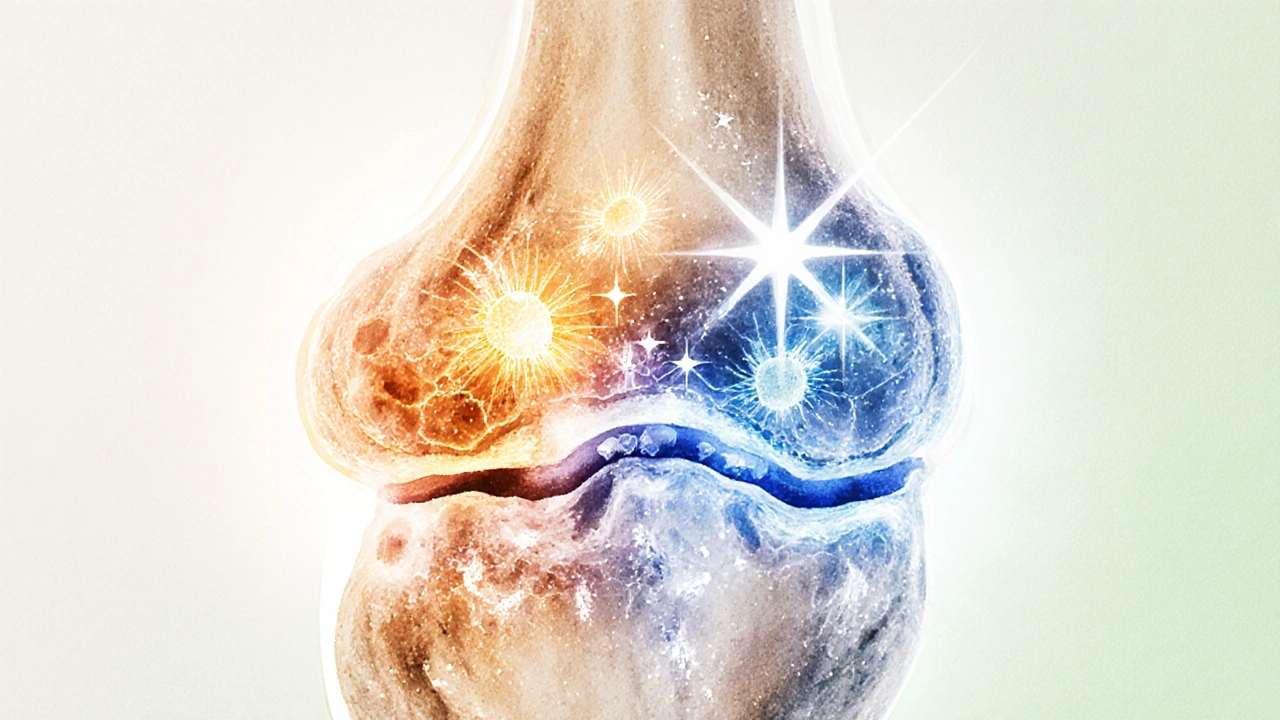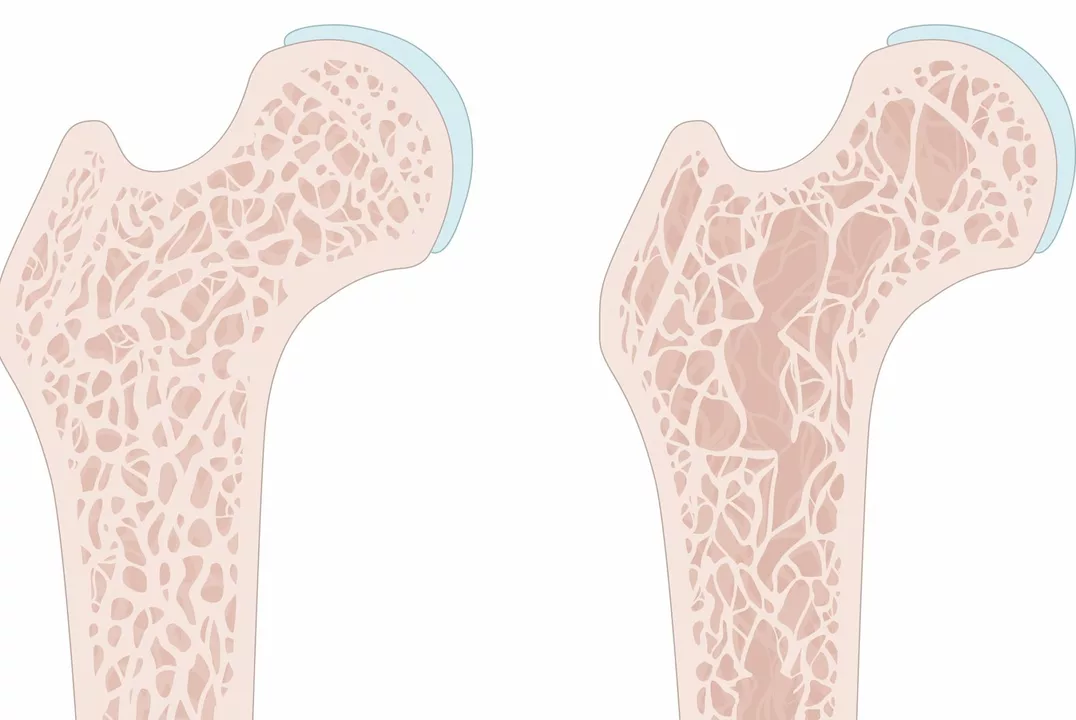Bone Health: Practical Tips for Stronger Bones
Worried about weak bones or future fractures? Small daily choices add up. You don’t need a complicated plan — focus on food, movement, and a quick check of your meds. Below are clear, usable steps you can start this week.
Nutrition and Supplements
Calcium and vitamin D are the basics. Aim for about 1,000–1,200 mg of calcium a day depending on age and sex, and a common vitamin D target is 600–800 IU daily — but check with your doctor for a number that fits you. Good food sources: dairy, canned salmon with bones, tofu, fortified milk or plant milks, and leafy greens like kale and bok choy. If you struggle to get enough from food, a supplement can help.
Pick the right calcium type: calcium carbonate works well with meals; calcium citrate is easier on an empty stomach. Don’t take huge doses at once — split them (for example, 500 mg twice a day) so your body absorbs more. Also remember vitamin K and magnesium support bone health; a balanced supplement or varied diet usually covers these.
Lifestyle, Exercise, and Medication Checks
Weight-bearing activity builds bone. That means walking, jogging, stair climbing, dancing, or group fitness classes. Add resistance work (bands, free weights, machines) two to three times a week to keep bones and muscles strong. Balance exercises — single-leg stands or tai chi — cut fall risk, which matters more than you think.
Certain medicines and conditions can speed bone loss. Long-term steroids, some seizure drugs, and low sex-hormone states are common culprits. If you take regular meds, ask your pharmacist or doctor whether they affect bone health. Our site has posts about drug interactions and pharmacist tips that can help you review risks and find safer options.
Limit heavy drinking and quit smoking — both raise fracture risk. Aim for a healthy body weight: being too thin increases risk, but extreme weight can bring other problems. Safe sun exposure helps vitamin D, but if you can’t get sun or you live in a cloudy place, supplements are an easy fix.
Wonder whether you need a bone density test? Ask about a DEXA scan if you’re 65+ (women) or 70+ (men), or earlier if you have risk factors like a fracture after low trauma, long steroid use, or certain medical conditions. A scan tells you what to change and whether medication for bone loss is worth it.
Practical plan to start today: 1) Add one weight-bearing walk and one short strength session this week; 2) check calcium-rich foods in your meals and consider a supplement if needed; 3) review current medications with a pharmacist; 4) ask your doctor whether a bone density test makes sense.
Want more on supplements, vitamin absorption on certain pills, or ways to save on prescriptions? Browse our posts like “Boost Your Energy and Health with Potassium Supplements” and “Desogestrel-Ethinyl Estradiol and Vitamin Absorption,” or contact our team for personalized tips.

How to Strengthen Bones & Prevent Damage - Proven Tips
Learn practical nutrition, exercise, and lifestyle steps to strengthen bones, boost density, and prevent osteoporosis with clear, science‑backed guidance.
Read More
The Effects of Ezetimibe on Bone Health and Osteoporosis Risk
As a blogger focused on health-related topics, I recently came across some fascinating research on the effects of Ezetimibe on bone health and osteoporosis risk. Ezetimibe is a cholesterol-lowering drug that has been found to have a positive impact on bone health. Studies have shown that this medication can help promote bone formation, reduce bone resorption, and potentially lower the risk of osteoporosis. While more research is needed to confirm these findings, this new information could potentially bring hope to millions of people suffering from osteoporosis. It's always exciting to learn about new developments in the world of medicine, and I look forward to keeping my readers updated on this topic.
Read More